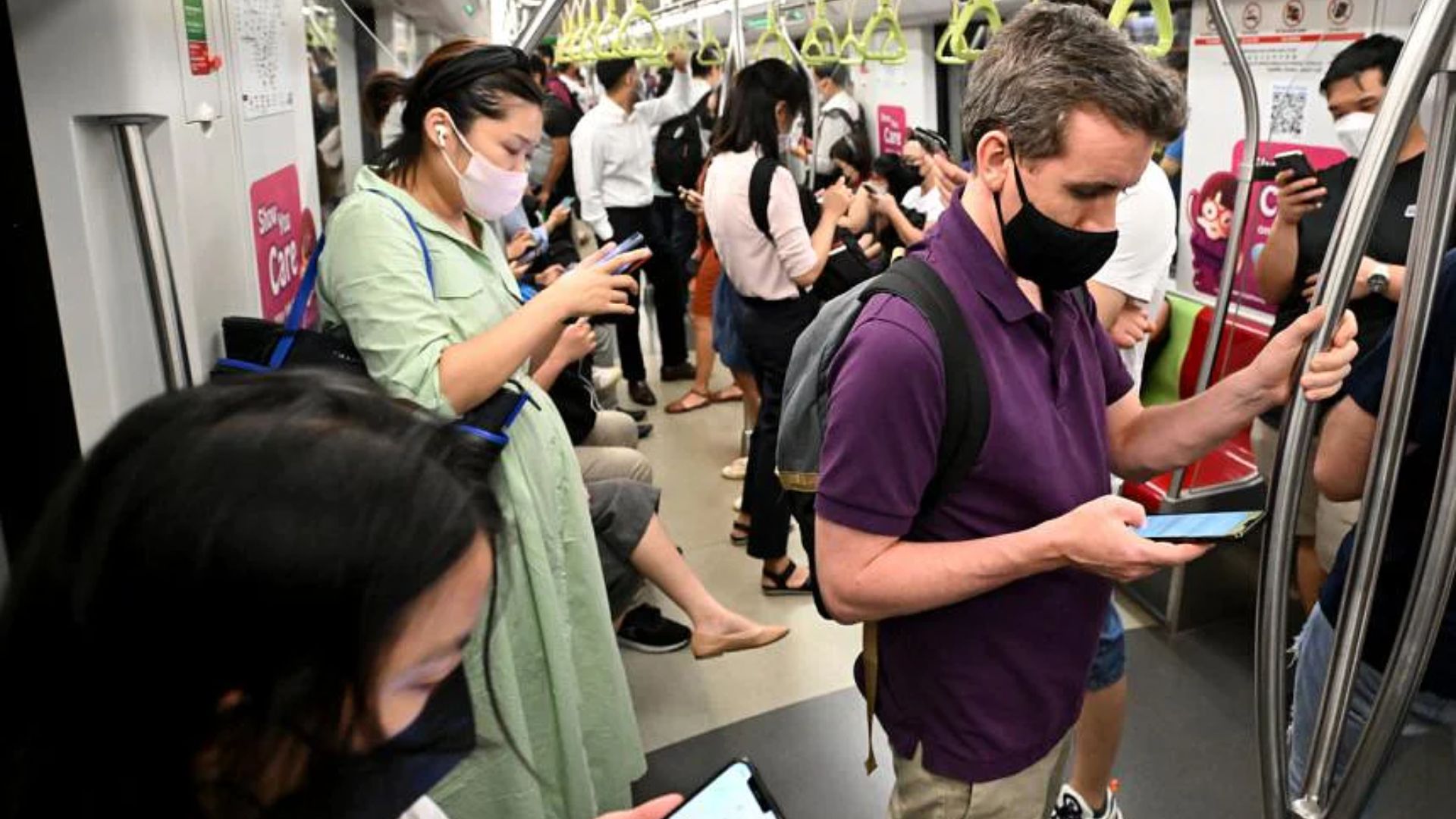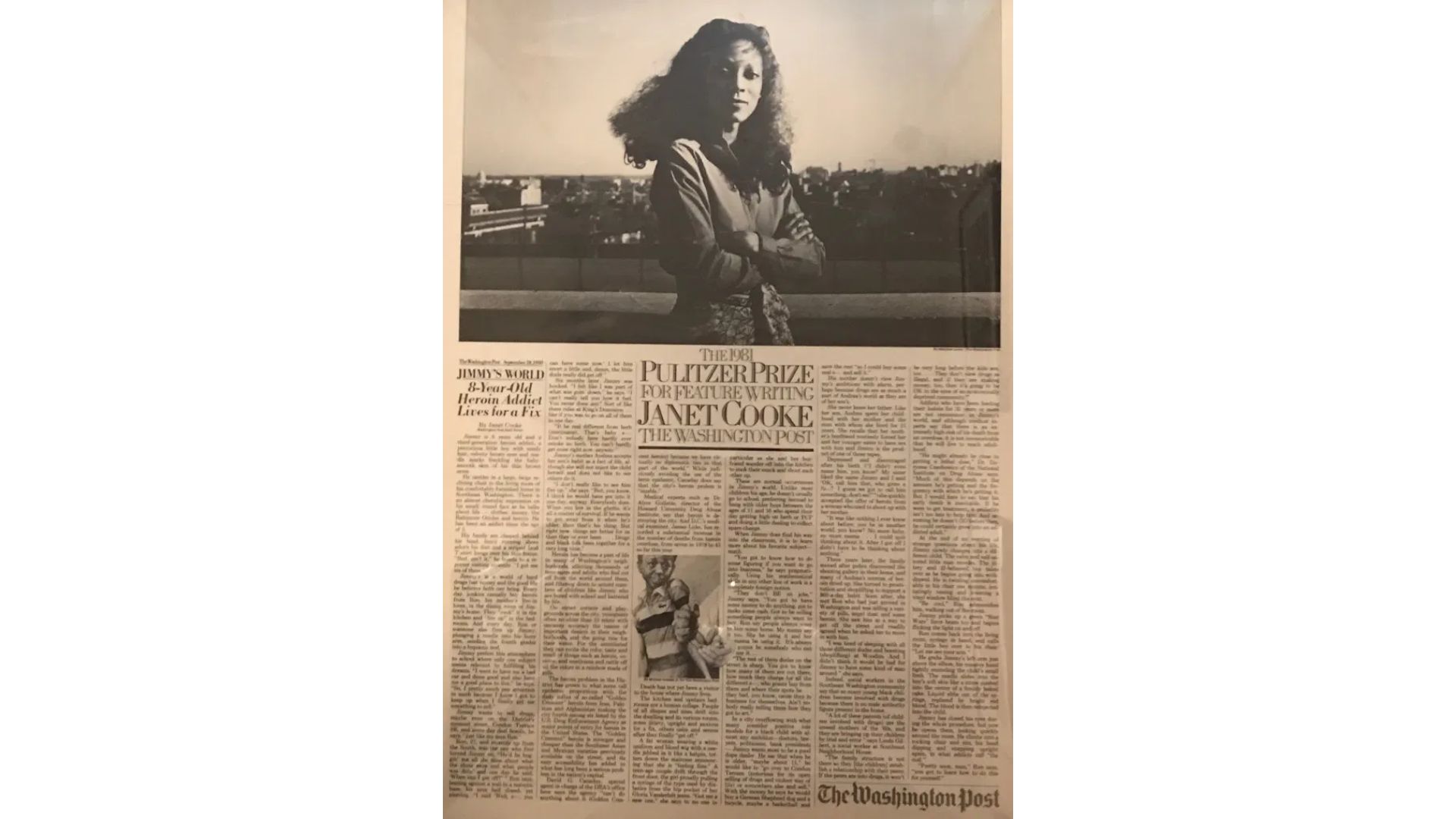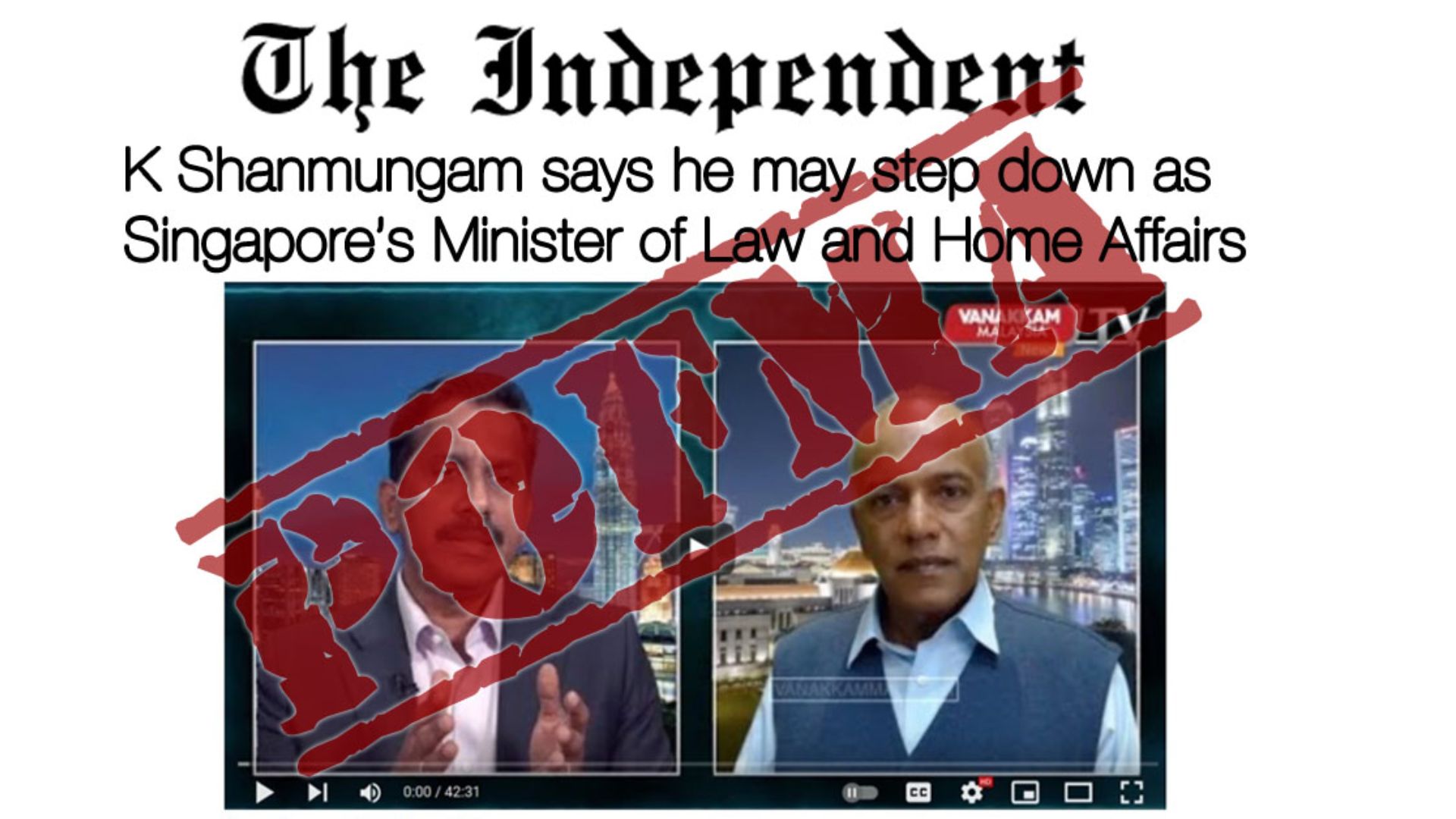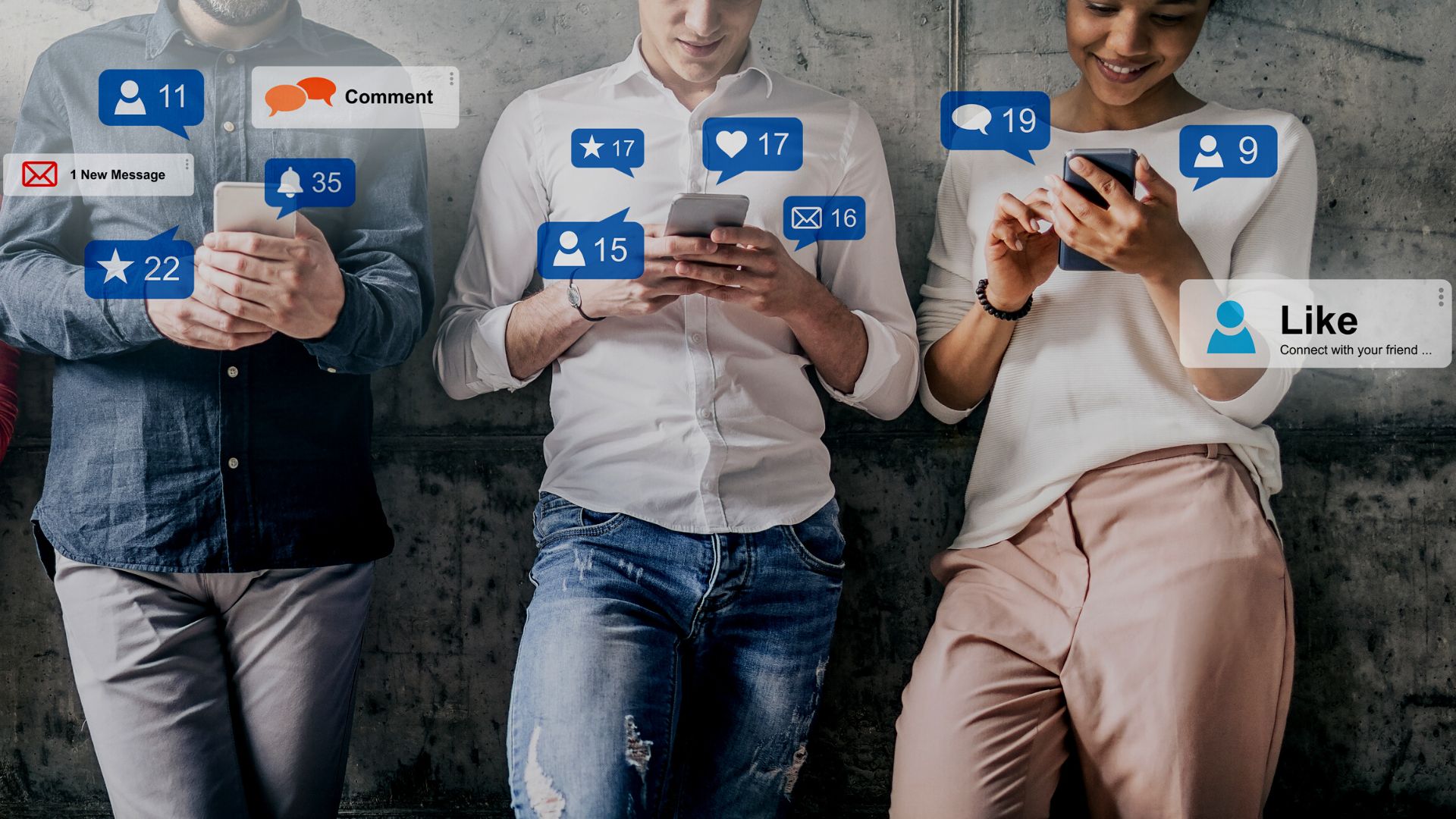At the 2020 General Election (GE2020) in Singapore, both social media sites and instant messaging were the two most used platforms, playing important roles for political engagement to ensure there is transparency and accountability.
Apart from GE2020, the people turn to social media when they feel they have to right a wrong, especially when it comes to new policies that they deem unfair or when they need to highlight an issue that the government is perhaps not aware of.
Take the recent furore when a staff member of Hwa Chong Institution (HCI) made derogatory and unfounded claims about the LGBTQ+ community. The staff had given a presentation to a cohort of Secondary 4 students which contained prejudicial and baseless claims about the community. Days after, a post on a reddit thread went viral. That staff member was reprimanded and suspended from delivering sexuality education lessons in the future and Police confirmed they are investigating.
So the question here is whether social media is a societal leveller?
Former Nominated Member of Parliament (NMP) Anthea Ong calls this relationship a dance. “It’s more a Tango than any other form of dance because each dancer takes turns to lead,” she says.
Transforming the relationship between a government and its people
As social media is making its way through every aspect of our lives, its power to increase awareness about the government and its agencies cannot be understated. The smartphone popularity changed the way Singaporeans use the Internet. Seemingly overnight, everyone is carrying a mini-computer with internet access.

Since the 1990s, when the Internet first became popular, there was much hype on how it would expand the communication of governments and politicians and how it would help the interaction between the government and the people.
Today social media has transformed the relationship between the government and the citizens, and the politician-voter interaction as the government agencies work towards reaching their audience through numerous social platforms.
Political watcher Eugene Tan says, “Top-down governing cannot be the dominant style of governing, but that does not mean that social media has led to the decline of top-down governing. It’s simply that top-down governing doesn’t work as well as it used to and often it will be counter-productive. … Top-down governing still remains as an integral part of the array of approaches a government can use but it is certainly deployed less than, say, in the pre-1990s.”
Agreeing, Associate Professor Benjamin Hill Detenber from the Wee Kim Wee School of Communication and Information at NTU Singapore, says the Internet has undoubtedly changed how government in Singapore, and elsewhere, functions, and social media are part of the equation.
“At this point though, many people who study communication technologies and their influence look back on the prognostications of the Internet as a great leveller and a force for democratisation with a more clear-eyed, and perhaps cynical, view,” he adds.
Unlike traditional media, Singaporeans can self-publish on a variety of social media platforms without going through an intermediary and because of this, “many believe that they now have their own mouthpiece or soapbox to put forth their views without the concern that a traditional media editor may not publish their views or publish it with edits”, Dr Tan says.
“It is this ability that contributes to the view that social media is leveller and that people can engage with others, including the government, not only through traditional media but in a variety of other ways,” he adds.
“It has also made it difficult, if not impossible, for any government to try to control the media. It has empowered the ordinary people, especially the young, who are very digitally savvy,” says Ambassador-at-large at the Ministry of Foreign Affairs (MFA) Tommy Koh.
But it remains debatable whether social media users really keep the powers that be in check.
“While they can certainly cast attention to their concerns and criticisms, most social media postings have very limited reach and effect. Even then, the potential reach is greater than if social media were not available. Certainly, the powers that be have to keep their eye on social media as part of engaging with Singaporeans,” Dr Tan says.
Social media can bring down politicians, but can it also make politics better?
But veteran journalist and media consultant PN Balji says the debate on social media needs a healthy dose of realism, “without which many will go away with the warped idea that it is mankind’s biggest enemy”. He adds that while social media has many ills, the mainstream media is no angel either.
Mr Balji cited two real-life examples: The Falklands War and Washington Post story of an eight-year-old heroin addict.
“In 1982, The Sun newspaper of London had a screaming page one story which said it had interviewed a number of women who talked about the loss of their husbands in the war. It was a great heart-tugging tabloid story but there was one problem. The newspaper had invented the tales. And when exposed, it nonchalantly said in another story: ‘Well, if there were widows, this is what they would have said anyway’.” he says.

Across the big pond, The Washington Post editors were tricked into publishing a story of an eight-year-old heroin addict 42 years ago. The article by reporter Janet Cooke went on to win the Pulitzer Prize. When her lie was found out, Miss Cooke resigned in the furore over the article ”Jimmy’s World,” and The Post returned the prize.
Mr Balji says it is the job of the readers to “read with a heavy dose of scepticism and decide what is true and what is fake”.
“All this talk of social media being a leveller is, I submit, just talk. We are passing through a phase where trust is becoming a rare commodity. I believe social media, like many other new things, will find its water mark in time,” he adds.
Social media has also taken on a life of its own and has “changed democracy and changed governance in ways that I don’t think leaders and politicians saw coming, not even Mark Zuckerberg”.
“It has definitely changed the relationship between the people and the government. The ones who govern no longer control the way information flows. That means you no longer shape the way the people think or the way you want the people to think. It has become harder, way harder,” Ms Ong says.
“For those who are governed, we suddenly have the power that we never had. It gives us a stronger sense of participation and a stronger sense of ownership that we can do something,” she adds.
Singapore champions social media
There are those who believe that social media and the government go together like peanut butter and jam, or to put it in local terms, curry and prata.
In his 2017 article in Opengov Asia, CEO and editor-in-chief of CIS Network Mohit Sagar wrote that social media opened new lines of engagement that were not possible through traditional media, such as the newspapers, direct mail and television.
“Singapore has had a vision for quite some time to be a collaborative government that co-creates and connects with the people online. eGov2015 is about building ‘an interactive environment where the Government, the private sector and the people work together seamlessly through the enabling power of infocomm technologies’,” he wrote.
Believing that social media is an excellent place to communicate with constituents, launch campaigns, build awareness around initiatives, and is an essential tool in crisis communications, Prime Minister Lee Hsien Loong took to Facebook and Twitter 10 years ago.
He had, in an earlier interview, said that people were spending more time on social media platforms like Facebook and Twitter, and he wanted to have an online presence there too.
While these platforms were not conducive for making speeches, there would be people on Facebook “who will not be reading speeches and this is one way to reach them”, PM Lee said.
Now, a majority of the ministers in the cabinet are are active on social media. On their public profiles, they comment on economic and social issues, and post photos of them interacting with the people.
Health Minister Ong Ye Kung even created a TikTok account on 23 March while having a meal with Malaysian politician Syed Saddiq. Mr Syed later, in his TikTok account, said “New achievement unlocked! Convinced the Minister of Health of Singapore to get on TikTok”.
@mustsharenews Uncle @raymondl88 x Minister @ongyekung 🥹👍🏼 #mustsharenews #tiktoksg #EntertainmentNews #sgnews
“Politicians have to be accessible. In today’s age, that means being on popular social media platforms Singaporeans are on so that they can access their constituents and their constituents can access them. Sometimes, it’s simply just about the politicians making themselves better known and crafting their public persona through images rather than a speech. They have to evolve their outreach in the same way that traditional media has to be in the online space as well,” Dr Tan says.
Social media creates a sense of nearness and immediacy between government and the public. Facebook or Twitter status updates help information sharing and their presence on mobile devices create an around-the-clock connection.
The death of Mr Lee Kuan Yew dominated social media in Singapore in a huge way: condolences from world leaders, tributes from party members and politicians, and the outpouring of emotion from his people. Social media was the platform for both people and their government to come together, mourn together and connect.
Dr Detenber says “While online discussions can be seen as part of the public sphere, I do not think that they have increased accountability of government officials. They may have brought politicians closer to their audiences, psychologically, and increased their visibility, but I doubt they have changed what happens in Parliament, ministries, and statutory boards all that much.”
Such opportunities come with risks and politicians have to navigate online clutter and make sense of the information and signals they are sent. There is also the question of how ministers can translate “likes” into meaningful responses which aid them in understanding the public’s sentiments concerning policies.
Dr Tan, however, does not regard the “likes” as having any significant bearing.
“The challenge is for the politicians to deftly navigate online clutter and discern (mis-)information and (mixed) signals they are sent. If they buy into the multitude of narratives online, they will never be able to lead and to govern. It’s crucial that the online space be appreciated for what it is and for its severe limitations. You can’t properly engage through social media alone – echo chambers being one of the concerns. Nevertheless, it’s a space that politicians have to walk but the real world physical space still matters much more in the overall scheme of things,” he says.

Mr Balji adds, “Social media is so pervasive that even the Singapore government is using it to fight what it calls falsehoods and to get its messages across. It has also introduced controversial legislation like POFMA (Protection from Online Falsehoods and Manipulation Act) to force those it says purveys untruths to remove the articles. But there is one major problem as the decision on who is guilty is made by the government and not an uninvolved party. It is like the complainant acting as the prosecutor and judge.”
Dr Tan does not see the government using POFMA or lawsuits as it “fighting back against social media”.
“Defamation lawsuits have always been part of the political landscape and I believe that has helped to make people more considered in their views even in the cut and thrust of heated arguments. POFMA, if used prudently, can help ensure that truth decay does not undermine our public institutions and negatively impact our way of life,” he says.
“The laws need to respond to the changing media landscape and even if we regard the government as ‘fighting back’, the test of these so-called fightbacks lies in whether the vast majority of Singaporeans buy into those legislative and non-legislative tools and how the government uses the tools at its disposal,” he adds.
Dr Tan says, “Social media is here to stay so it is imperative for politicians to use social media platforms in an enlightened manner. It’s an additional tool at their disposal. Using them has its own sets of demands and challenges. Politicians who can leverage social media’s strengths while recognising its limitations will be best placed to make social media work for them.”
The biggest issue is still the online clutter and getting the public to pass through the minefield and make accurate judgments.
“For that we need a citizenry who can identify the truths from the untruths, the falsehoods from the truths. Until then, we just have to be selective in our reading habits and always ask: Is this true?” Mr Balji says.
“As for how long their influence will – social media will continue to affect political communication until the next new thing comes along,” Dr Detenber adds.
RELATED: Grassroots movement: Is this the start of ground-up activism in Singapore?
Join the conversations on TheHomeGround Asia’s Facebook and Instagram, and get the latest updates via Telegram.





























